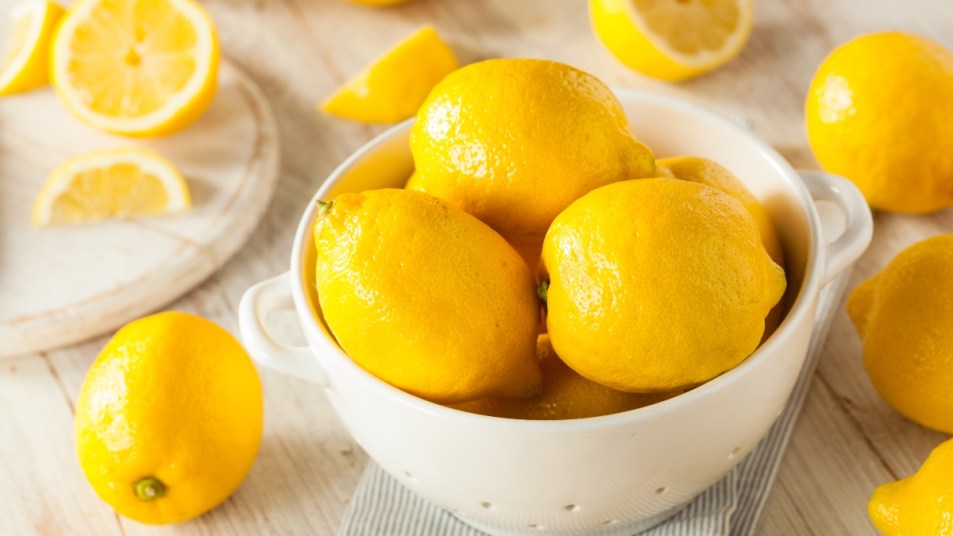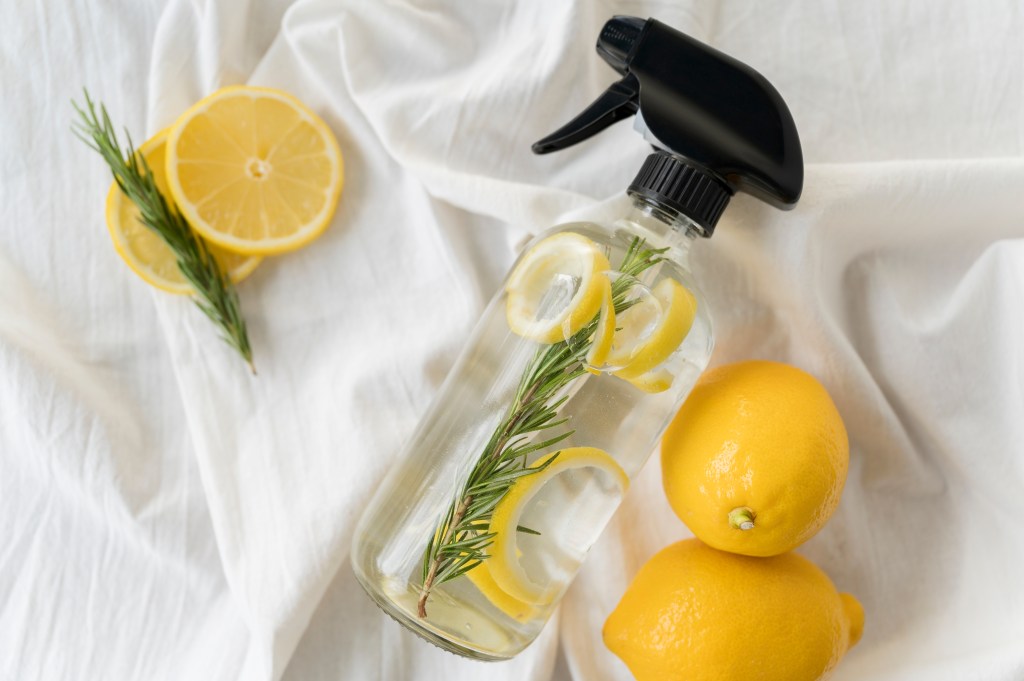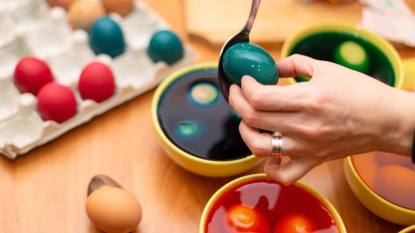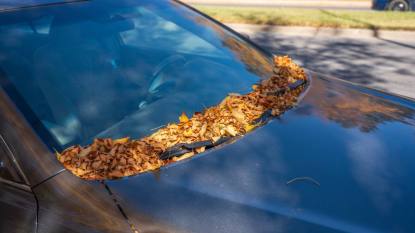Whiten Your Nails — And 9 Other Uses for Leftover Lemons
Genius ways to squeeze out the fruit's benefits

Do you ever feel bad throwing away that lemon half after juicing it? Us too! And what about after zesting? Do you stash that ‘naked’ lemon in your fridge until it shrivels and then feel bad tossing it? We’ve been there. That’s why we’ve rounded up some of the very best ideas for what to do with leftover lemons. May you never have that sinking feeling of wasting a perfectly good lemon part again!
What to do with leftover lemons after zesting
Lemon zest is great for boosting citrus flavors in pasta, poultry and seafood dishes. But once you’ve grated off its bright exterior, you’re left with a sad, bald lemon. And now that its protective layer has been scraped off, it’s bound to dry out and go bad more quickly too. Instead of letting leftover lemons languish, extract the juice and put it to work in the following ways:
Ease your allergy symptoms
Allergy seasons are stretching longer every year, triggering sinus inflammation, sniffling and sneezing. To the rescue: lemon. One study from Cases Journal suggests that drinking lemon juice daily may alleviate allergic rhinitis symptoms like a runny nose and itchy, watery eyes. To try: Squeeze the juice of 1 lemon into a glass (or half a lemon if symptoms are mild) and dilute with enough water to make it palatable. Consume daily.
Make your microwave work better
Believe it or not, food splatter in your microwave can make it work harder since it has to expend extra energy heating up the mess in addition to your meal. A super-simple way to keep it clean and running at its peak? Zap a microwave-safe bowl filled with water, some lemon juice and a drop of vinegar until steam forms on the window. Then wipe the inside with a soft cloth, and any stuck-on food will come off easily!
Lighten age spots
Age spots, those small, dark areas that appear on your skin as you age, can be lightened with lemon juice’s natural bleaching properties. Simply soak a cotton ball in freshly squeezed lemon juice and dab it on age spots twice daily. Your age spots should look lighter in two months.
Keep brain fog at bay
Squeeze fresh lemon juice into a glass of water for a refreshing zing. Doing so lowers your risk of dehydration and brain fog more effectively than sipping plain water. Women’s health expert Michelle Schoffro Cook, PhD, says fruit acids speed water absorption in the small intenstine. Bonus: Research states that the scent of lemon can boost your mood too.
What to do with leftover lemons after juicing
Lemon juice is a superstar in the kitchen — its tangy flavor pairs well with sweet and savory foods. But once you’ve juiced your lemons, you’re left with a hollow, empty ‘shell,’ that, let’s be honest, usually gets tossed. You can get a second life from your juiceless, leftover lemons and cut down on waste. See how the halves and peels can make your food, home, and beauty routine easier.
Get cutting boards squeaky clean
Because you use cutting boards to prep a variety of veggies and meats for dinner, they can take quite the beating. Some stronger odors, like garlic and onion, can tend to seep in too, making them look and smell bad. To restore your cutting board to its former glory, sprinkle it with some coarse salt and scrub it with a halved lemon. The citric acid will remove stains and kill bacteria, getting rid of bad odors.
Make the best lemonade ever
Next time you make lemonade, don’t throw away the lemons you’ve squeezed. They’re the secret to a superior sipper. “Even when I added plenty of lemon juice, my homemade lemonade always tasted more like lemon water,” says test kitchen associate Julia Harnishmacher, “Until my chef friend let me in on his secret ingredient: lemon peels. After juicing the scrubbed lemons, toss the rinds into an empty pitcher, cover with sugar and mash the peels with a wooden spoon. This technique, called muddling, releases flavorful citrus oils for an extra-lemony taste. Then just add the lemon juice and water.”
Brighten yellow nails
Lemons may be yellow, but they can make sure your fingernails aren’t. To restore a brighter sheen to your nails, cut a 1-inch piece of lemon peel; scrub each nail with the rind for 30 seconds, let sit for 5 minutes, then rinse. Citric acid in the peel acts like a mild bleach to remove stains from nails so they appear instantly brighter.
Get counters sparkling

When life hands you lemons, it turns out you can get sparkling clean counters! Vera Peterson, president of Molly Maid, adds lemon peels to a jar, fills it with white vinegar and lets it sit for a week or two. Then she combines one part lemon-peel mixture with two parts water in a spray bottle, moistens down countertops and wipes clean with a cloth. The lemon and vinegar’s acids cut through grease and grime. Says Peterson, “It’s a fantastically fresh, all-natural and nontoxic cleaning solution.” If you want an extra, all-natural scent boost, add a sprig of fresh rosemary to the bottle as well.
Ward off bugs
Nothing puts a damper on dining al fresco quite like creepy-crawly uninvited guests. To the rescue: lemon peels. Placing lemon peels around the patio table stops houseflies from landing on your food, thanks to the bug-repelling citronella and limonene found naturally in the rinds.
Deodorize your trash can
Trash cans smell bad — that’s no surprise. But sometimes, buildup of grime and nasty bits can make it smell even worse. To keep the stink at bay, throw a few lemon peels into the bottom of your trash can next time you take out the trash. They will absorb bad smells and leave a fresh, citrus scent each time you throw something away.













